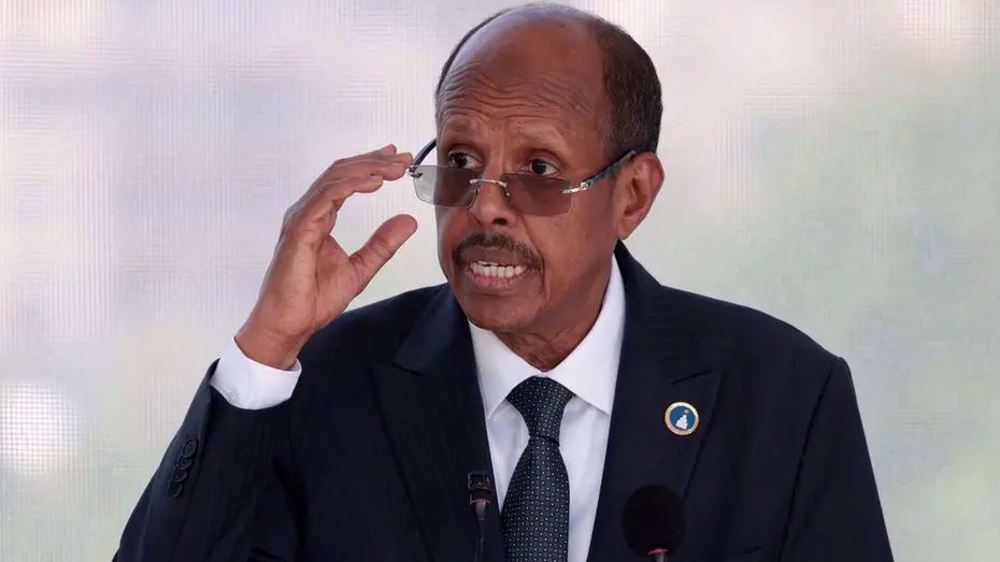UN, Congo specialists deployed to tackle new Ebola epidemic
Emergency teams of specialists from the Democratic Republic of the Congo (DRC) and United Nations agencies have been deployed to the African country to tackle the spread of a new wave of Ebola epidemic.
UN and Congolese authorities said Sunday that the deployment over the weekend came after reports suggested that more than 30 people had been infected by Ebola.
A total of 18 people have been killed since April 4 when first cases of Ebola were reported. Authorities officially confirmed last Tuesday there was an outbreak centered around the village of Ikoko Impenge, near the town of Bikoro in the northwestern province of Equateur.
Health Minister Oly Ilunga Kalenga, along with officials from the World Health Organization (WHO) and UN Children’s Fund (UNICEF), traveled to Equateur on Saturday after reports of the latest infection case emerged from the area a day earlier.
Kalenga said then government and UN agencies would do their best to root out the new epidemic as soon as possible.
“We have to pool our efforts quickly and align ourselves with the government response plan to fight this new epidemic effectively,” the minister said in a statement.
The Congolese government fears the Ebola virus, which killed more than 11,300 people in Guinea, Sierra Leone and Liberia from 2014-216, could spread out of control.
The WHO is also acting more quickly in the DRC as it tries to avoid criticism that it faced over its slow response to the previous outbreak in West Africa.
“The WHO is strengthening its presence, positioning a dozen epidemiologists who will be divided on the axes of Mbandaka, Bikoro and Iboko to investigate alerts,” WHO’s Congo representative Allarangar Yokouide said Sunday.
Three separate locations covering 60 km (37 miles) or more in Equateur province have already been contaminated with Ebola as the provincial capital Mbandaka, with about 1 million inhabitants, is in immediate risk. Nine neighbors of Congo, especially Republic of Congo or Central African Republic, have been put on high alert as WHO fears a spread of the virus across the border.
The Ebola virus can be fatal as a result of damages it does on blood vessels which causes internal and external bleeding.
Former UK ambassador released on bail after arrest in Epstein-linked probe
Hamas condemns Israel’s arson attack on mosque in West Bank, calls for mobilization
Trump's top general warns of Iran aggression risks: reports
VIDEO | US ambassador’s remarks on Israel’s expansion spark outrage
VIDEO | ‘Protect the Right to Protest’ rally held outside London court
VIDEO | Gaza bakery supports displaced families ahead of Ramadan Iftar
France blocks US ambassador from ministerial meetings after summons no-show
Around 20 nations condemn Israeli push toward West Bank annexation











 This makes it easy to access the Press TV website
This makes it easy to access the Press TV website